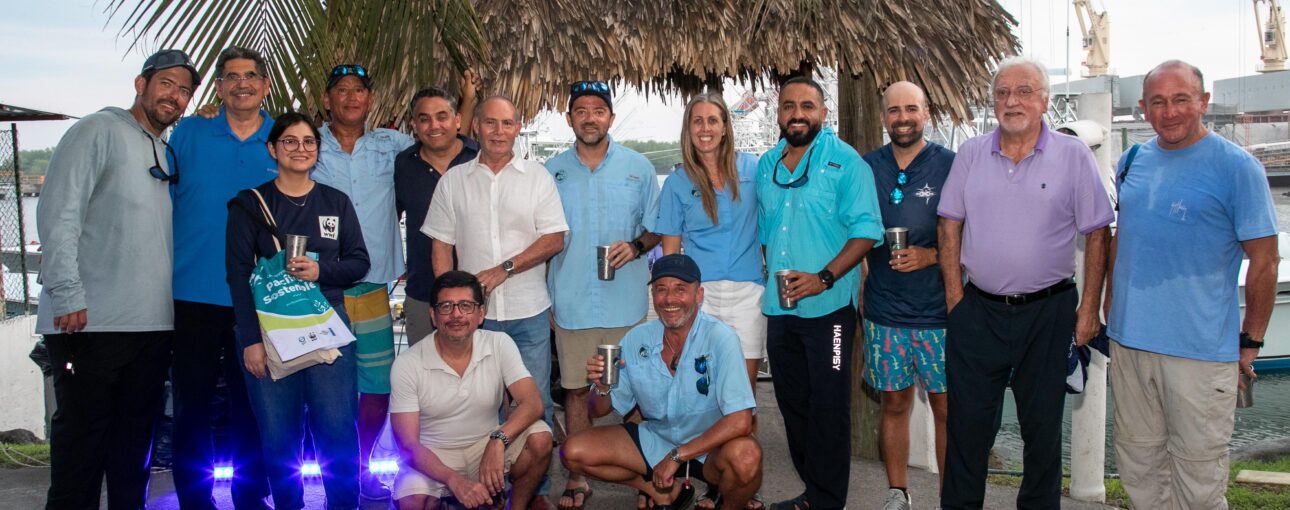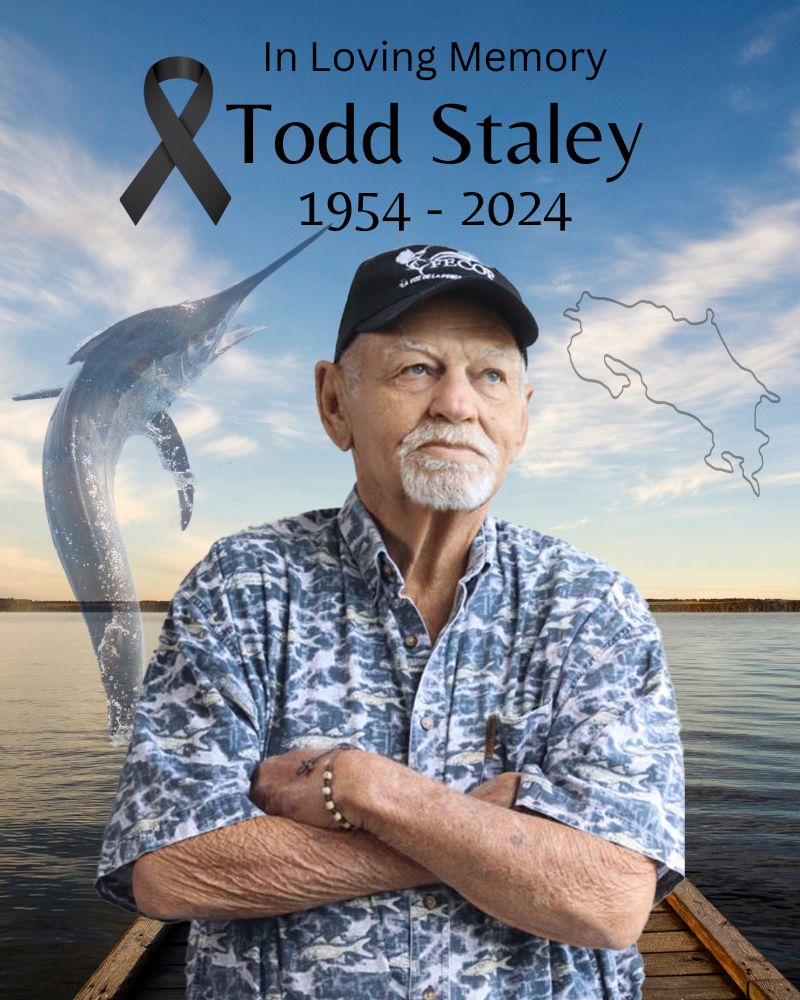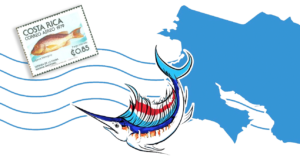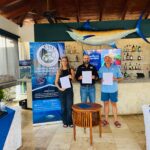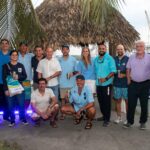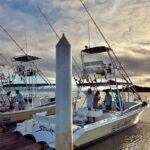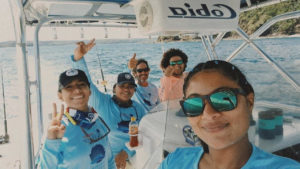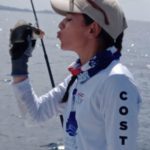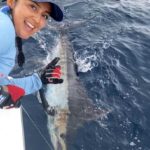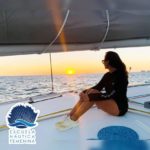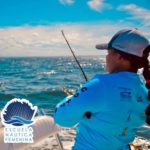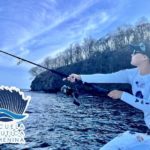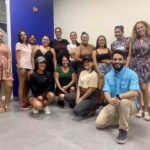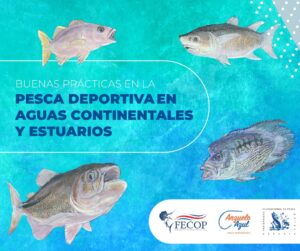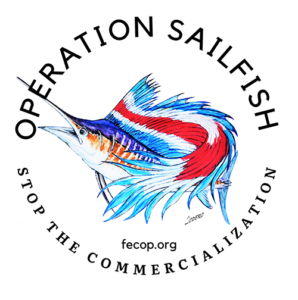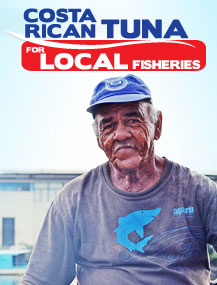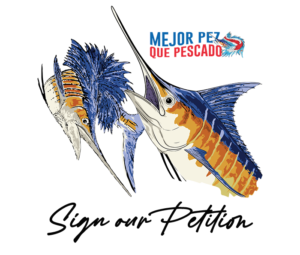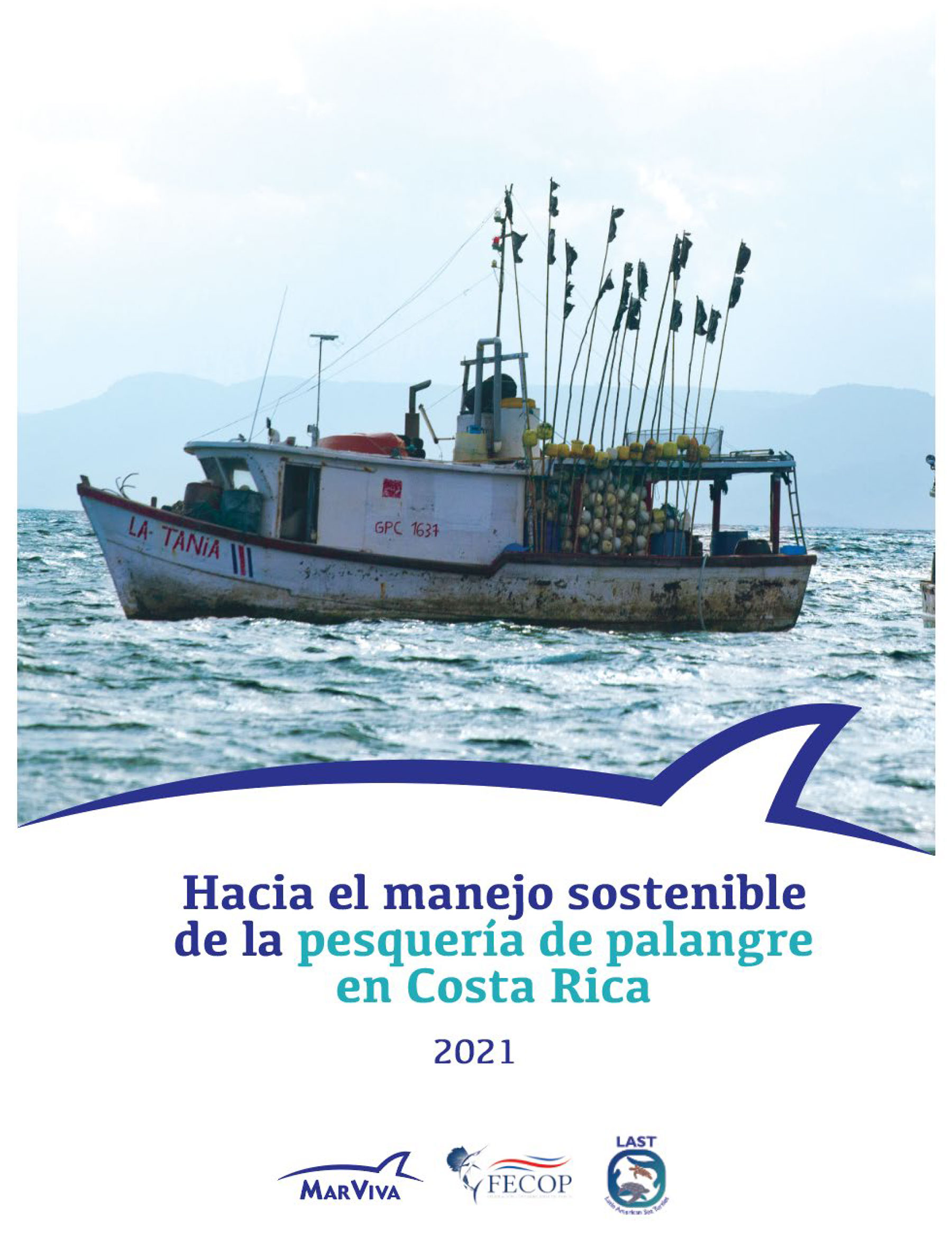New Alliance Set to Boost Coastal Economies Through Sportfishing Tourism
A groundbreaking initiative is making waves across Central America. Guatemala, Honduras, and Costa Rica have come together to form the Central American Sportfishing Alliance (CASA)—a regional collaboration aimed at using sportfishing tourism to generate jobs, promote sustainability, and empower vulnerable coastal communities.
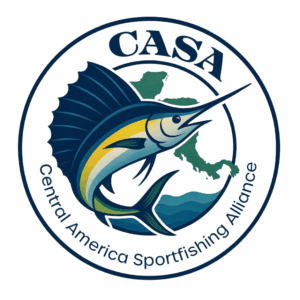 sportfishing tourism Central America, sustainable tourism Costa Rica, CASA alliance sportfishing, coastal community development, blue economy, sport fishing Guatemala, Honduras fishing tourism, conservation fishing Central AmericaThe Vision Behind CASA
sportfishing tourism Central America, sustainable tourism Costa Rica, CASA alliance sportfishing, coastal community development, blue economy, sport fishing Guatemala, Honduras fishing tourism, conservation fishing Central AmericaThe Vision Behind CASA
Launched during the prestigious 84th International Light Tackle Tournament Association (ILTTA) in Iztapa, Guatemala, CASA is a unified effort to harness the economic potential of sportfishing while ensuring the long-term health of marine ecosystems.
The alliance is built on three key pillars:
Driving economic and social growth in coastal areas through the promotion of sportfishing.
Establishing responsible marine tourism through better regulation and sustainable practices.
Building cross-sector collaboration among governments, the private sector, and academia.
Economic Impact of Sportfishing in the Region
Sportfishing is already a powerful economic engine in Central America:
Costa Rica: Generates over $520 million annually, surpassing key exports like coffee and cruise tourism. The industry provides jobs for over 33,000 people.
Honduras: Three major tournaments inject $500,000+ annually into the economy, creating jobs and boosting related sectors like hospitality and transport.
Guatemala: Home to more than 50 boats and 10 operations focused on sailfish sportfishing, the industry supports 500+ jobs and holds significant untapped potential.
As Marina Marrari, Executive Director of FECOP (Costa Rican Federation of Sportfishing Tourism), stated, CASA represents the first time the private sector has organized regionally to promote a more sustainable, community-driven future for marine tourism.
Sportfishing as a Tool for Conservation and Education
Beyond economics, CASA is committed to:
Promoting scientific research and environmental monitoring
Supporting education and awareness campaigns
Delivering training programs that promote conservation-based best practices
This initiative recognizes that “a live fish is worth more than a dead one.” By shifting focus to catch-and-release and eco-conscious tourism, CASA aims to preserve biodiversity while supporting livelihoods.
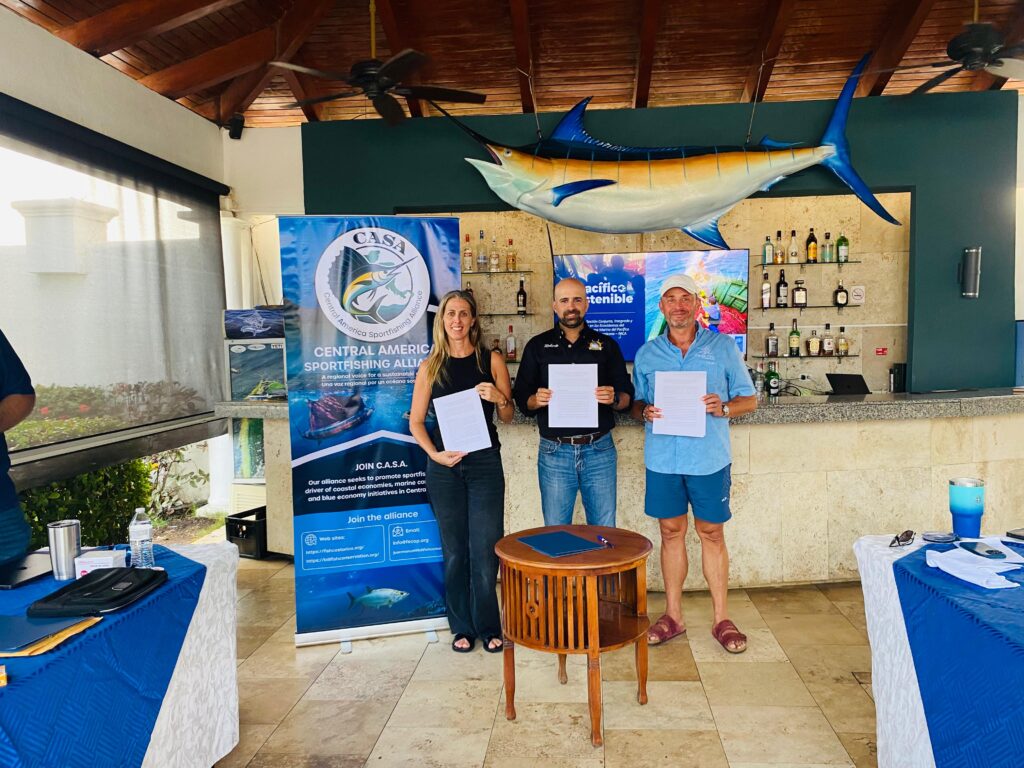
Addressing Key Challenges in the Blue Economy
Despite its economic contributions, sportfishing often lacks proper representation in policymaking. CASA aims to change that by advocating for improved regulatory frameworks and inclusive governance that better reflect the needs of coastal communities.
To further this mission, CASA will host a series of regional workshops and strategic meetings to identify country-specific gaps and opportunities. The Participatory Sportfishing Project, supported by the U.S. Embassy in Costa Rica, is also backing these efforts.
A New Era for Coastal Development in Central America
The formation of CASA marks a turning point for sustainable tourism in Central America. With coordinated action and a shared vision, sportfishing can become a cornerstone of both economic development and marine conservation.
Join the Movement
Follow CASA’s journey and support sustainable sportfishing across the region. Learn how tourism, conservation, and community empowerment can work together to create a thriving blue economy.

